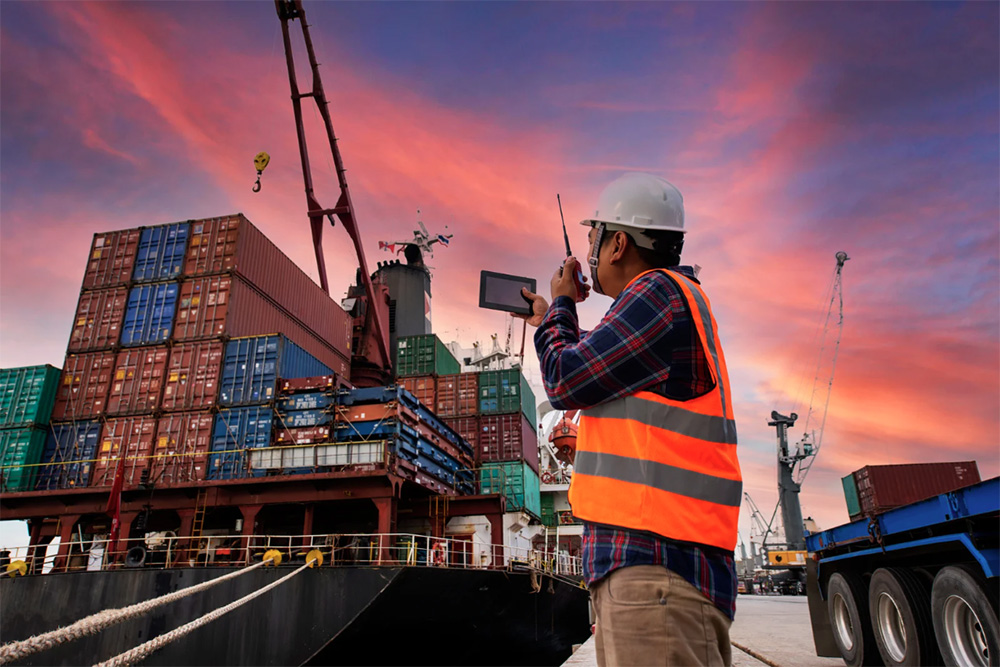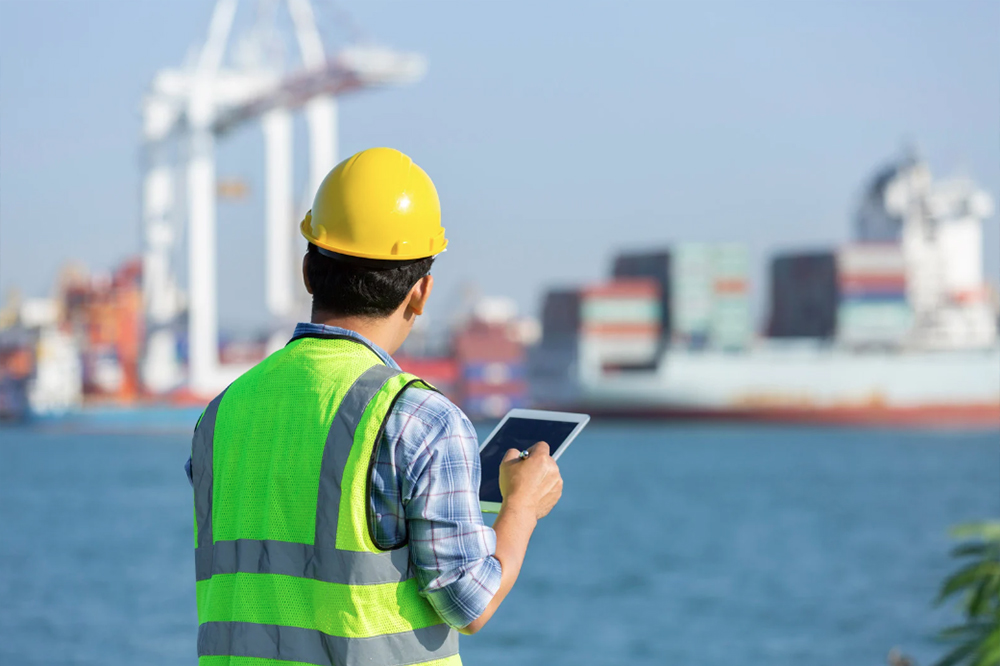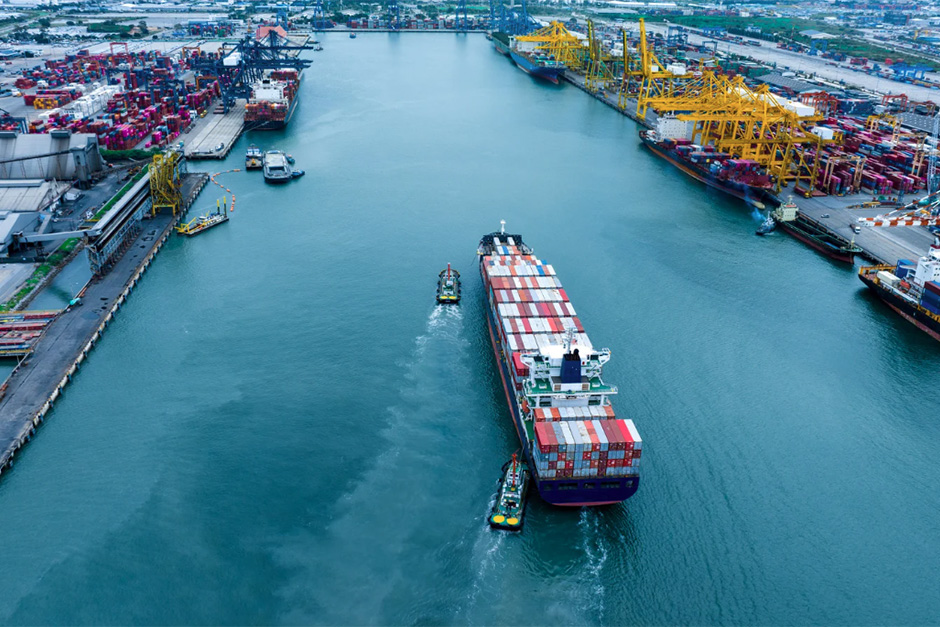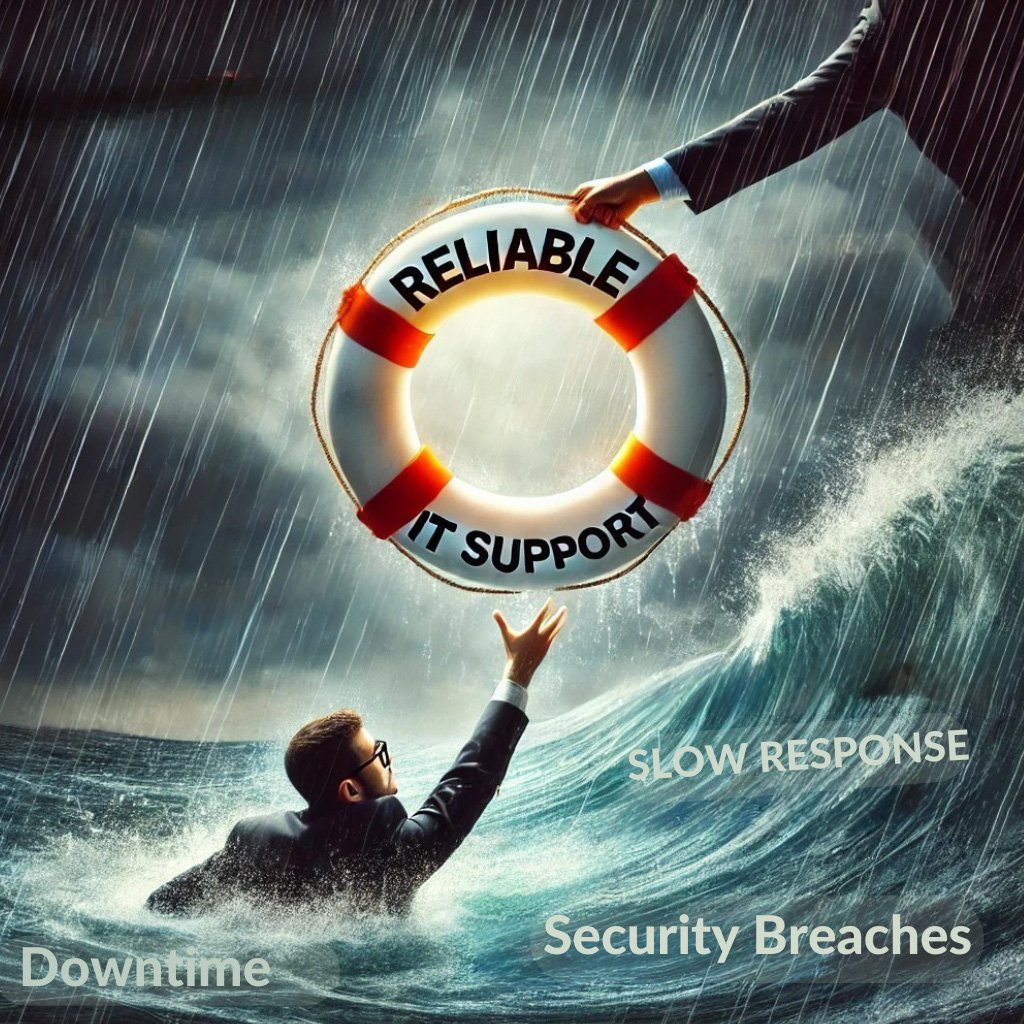
How Ports Lose Revenue Without Automated Billing
For many ports, billing is a behind-the-scenes process – until it starts costing you real money. Relying on spreadsheets, paper forms, or outdated systems means
Traditional methods of maritime operations are being replaced by digital solutions.
With the integration of advanced software systems and Internet of Things (IoT) devices, ports can now monitor and manage their assets in real-time, leading to improved visibility and decision-making processes.
Predictive maintenance powered by machine learning algorithms allows port authorities to schedule maintenance tasks proactively, minimizing downtime and reducing operational costs. These advancements enhance the overall efficiency of port operations and contribute to the longevity of critical assets.
The era of digital transformation has opened up endless possibilities for improving the sustainability and competitiveness of port facilities.
Digital innovations have touched every part of port operations, driving significant cost savings and operational improvements. Implementation of automation technologies, such as autonomous vehicles and robotic systems, has revolutionized cargo handling processes, leading to faster turnaround times and increased throughput.
The utilization of big data analytics in port asset management enables data-driven decision-making, allowing port operators to anticipate demand, optimize resource utilization, and enhance overall operational performance. And with real-time monitoring of key performance indicators, ports can operate at peak efficiency, meeting the demands of modern supply chains.
The adoption of cloud computing solutions for storing and analyzing vast amounts of data has allowed the maritime industry to streamline administrative tasks, facilitating seamless communication and collaboration among port stakeholders.
While technology presents unprecedented opportunities for port asset management, it also brings forth a unique set of challenges that must be addressed.
Cybersecurity threats, data privacy concerns, and interoperability issues pose risks to port operations, emphasizing the **importance of robust IT infrastructure and proactive security measures.
Despite these challenges, modern port operations stand to benefit greatly from technology adoption, opening up avenues for increased productivity, sustainability, and competitiveness.
Embracing a culture of continuous innovation and adaptation is essential for ports to thrive in a dynamic and technology-driven maritime landscape.
At Nicom Maritime, we specialize in developing cutting-edge IT solutions for seaports, pilotage authorities, and maritime exchanges. Schedule a free consultation call today to see how we can eliminate your IT headaches and ensure smooth maritime operations. Click Here to schedule now or call us at 1-833-231-6182 to get started.

Make smarter, faster decisions with a single view of your port’s operations. Nicom Maritime’s integrated dashboards connect billing, pilotage, dwell time, scheduling, and finance – giving your team real-time visibility into what’s happening across the port. No spreadsheets. No silos. Just clarity.

For many ports, billing is a behind-the-scenes process – until it starts costing you real money. Relying on spreadsheets, paper forms, or outdated systems means

A Port Management Dashboard gives port authorities real-time insights into operations, helping them make faster, smarter decisions. With powerful data visualization tools, ports can improve efficiency, optimize logistics, and boost revenue tracking – all from a single interface.

What Happens When Your Systems Fail? Imagine a busy port, pilotage authority, or maritime exchange preparing for the day’s operations when suddenly, critical systems fail: